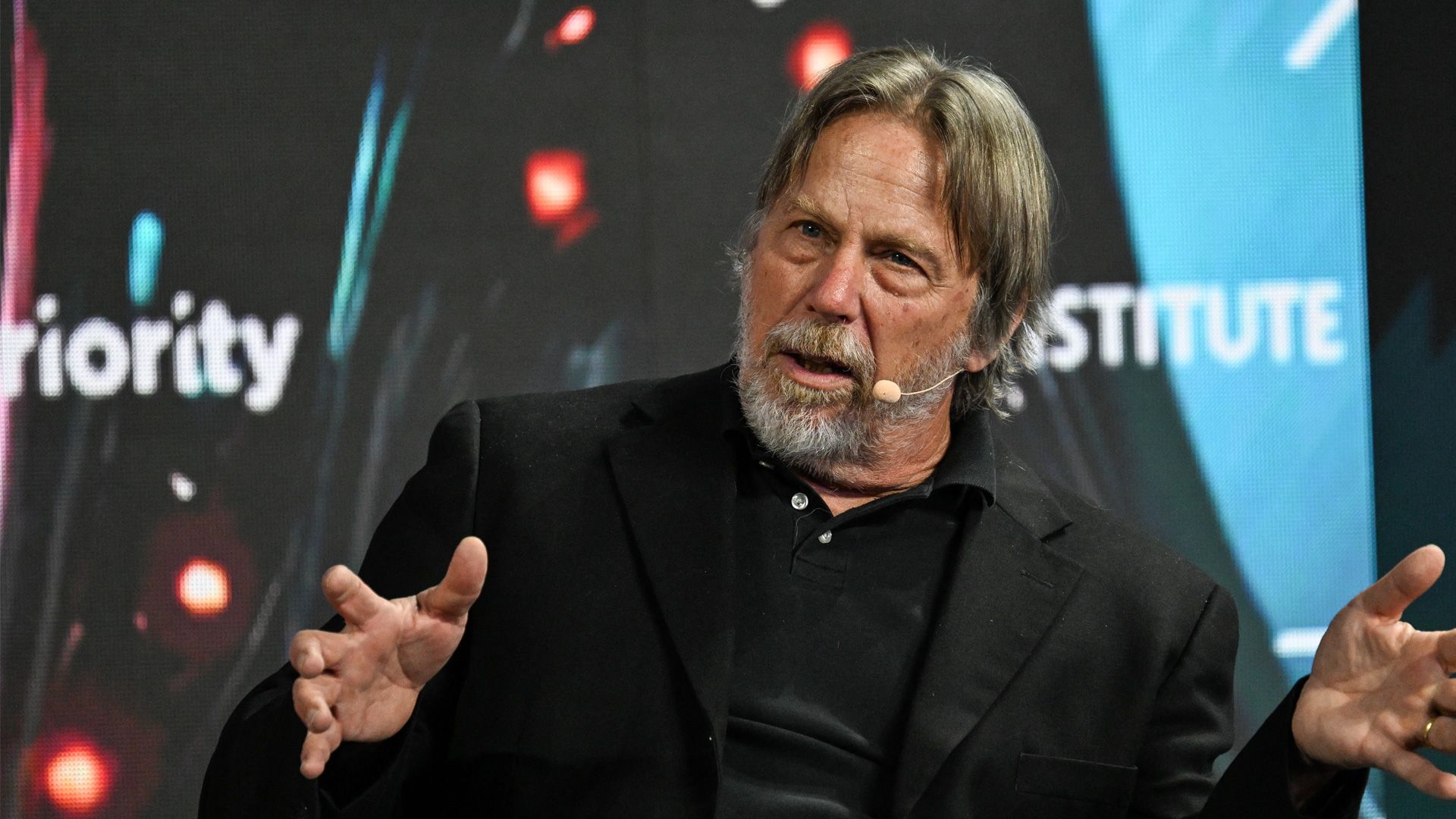AI chip design startup, Tenstorrent, has announced it's working with a range of companies to build out its next-generation AI chips. These include TSMC, Samsung, and Japanese firm Rapidus, all of which will provide their latest 2nm process nodes to develop future AI hardware. CEO and AMD and Apple Veteran, Jim Keller, has also said he'd consider working with Intel, but that it "still [has] a lot of work to do," according to Nikkei Asia.
Tenstorrent was founded in 2016, with Jim Keller coming on as CTO in 2020 and then CEO in 2023. It's targeting a different approach to giants like Nvidia in its chip production, focusing more on cutting costs and maximizing efficiency. Its current chips, like the Blackhole AI accelerator, are built on TSMC's 6nm node, while an upcoming Quasar chip design uses Samsung's 4nm process. Beyond that, it wants 2nm for whatever comes next.
It's rare for companies to work with such a range of manufacturers for cutting-edge chips, but Tenstorrent claims it can do it because it uses chiplets for its designs. That lets it have different fabricators build different chips for it, and then it can package them altogether on a single die.
Alongside TSMC and Samsung, it is also working with Japanese firm Rapidus, a startup set up in just 2022 and supported by a range of Japanese businesses. Its sole model is to produce cutting-edge 2nm hardware by 2027. This is partly to reinvigorate Japan's semiconductor industry, but also to create localized and national capacity for advanced semiconductor production, as many countries are looking to do following the AI boom.
Tenstorrent has also worked with GlobalFoundries in the past, and has said it won't rule out using Intel's process technology in the future. Keller just seemingly wants to see where that technology goes, especially following recent investments from Nvidia and the US government.
Speaking on Intel with Nikkei Asia, Jelly said that "they still have a lot of work to do ... to deliver a really solid technology roadmap."
More immediately, Keller is looking to undercut the competition and target smaller companies that want to still leverage the capabilities of locally run AI, not just those building out giant multi-billion-dollar data centers.
"Everybody says Nvidia, OpenAI, Google ... Well, the long tail of small applications is very large, too," Keller said. "We have developers who buy a $10,000 workstation and they're really happy. ... There's a lot of them, and that will lead to bigger business."

 www.tomshardware.com
www.tomshardware.com
Tenstorrent was founded in 2016, with Jim Keller coming on as CTO in 2020 and then CEO in 2023. It's targeting a different approach to giants like Nvidia in its chip production, focusing more on cutting costs and maximizing efficiency. Its current chips, like the Blackhole AI accelerator, are built on TSMC's 6nm node, while an upcoming Quasar chip design uses Samsung's 4nm process. Beyond that, it wants 2nm for whatever comes next.
It's rare for companies to work with such a range of manufacturers for cutting-edge chips, but Tenstorrent claims it can do it because it uses chiplets for its designs. That lets it have different fabricators build different chips for it, and then it can package them altogether on a single die.
Alongside TSMC and Samsung, it is also working with Japanese firm Rapidus, a startup set up in just 2022 and supported by a range of Japanese businesses. Its sole model is to produce cutting-edge 2nm hardware by 2027. This is partly to reinvigorate Japan's semiconductor industry, but also to create localized and national capacity for advanced semiconductor production, as many countries are looking to do following the AI boom.
Tenstorrent has also worked with GlobalFoundries in the past, and has said it won't rule out using Intel's process technology in the future. Keller just seemingly wants to see where that technology goes, especially following recent investments from Nvidia and the US government.
Speaking on Intel with Nikkei Asia, Jelly said that "they still have a lot of work to do ... to deliver a really solid technology roadmap."
More immediately, Keller is looking to undercut the competition and target smaller companies that want to still leverage the capabilities of locally run AI, not just those building out giant multi-billion-dollar data centers.
"Everybody says Nvidia, OpenAI, Google ... Well, the long tail of small applications is very large, too," Keller said. "We have developers who buy a $10,000 workstation and they're really happy. ... There's a lot of them, and that will lead to bigger business."

Chip designer Jim Keller says Intel still has 'a lot of work to do' — would consider it for Tenstorrent AI chip production, already in talks with TSMC, Rapidus, and Samsung for 2nm tech
Also working with Japanese firm, Rapidus, to get swift access to the smallest process nodes possible.
